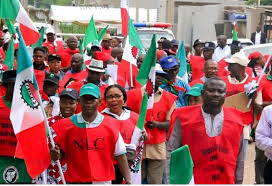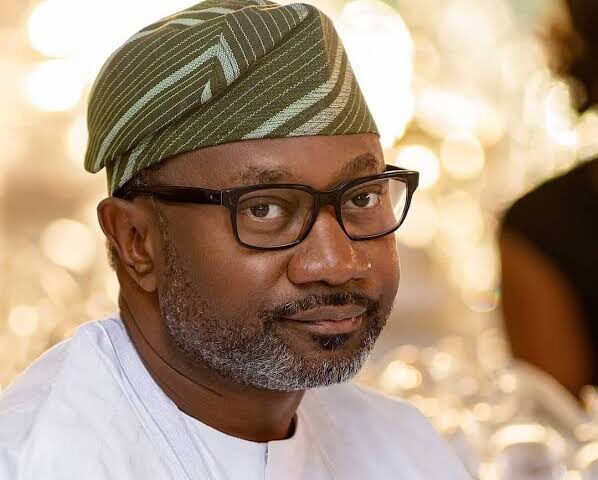In a statement on Wednesday, the acting President of the Nigeria Labour Congress (NLC), Prince Adewale Adeyanju, announced that no agreement was reached by the Tripartite Committee on the National Minimum Wage when negotiations ended on June 7, 2024.
This statement contradicts President Bola Ahmed Tinubu’s recent address, which indicated a resolution had been achieved.
Join our WhatsApp ChannelAdeyanju clarified, “Two figures were proposed—N250,000 from Organised Labour and N62,000 from the government and Organised Private Sector. These figures were supposed to be submitted to the President. Anything else is incorrect and will not be accepted by Labour.”
He added, “We cannot accept any national minimum wage that is essentially a starvation wage. We cannot work and still live in poverty.”
The NLC responded to President Tinubu’s Democracy Day speech, in which he mentioned ongoing National Minimum Wage negotiations. President Tinubu stated, “As we continue to reform the economy, I shall always listen to the people and will never turn my back on you. We have negotiated in good faith with organised labour on a new national minimum wage. We shall soon send an executive bill to the National Assembly to enshrine what has been agreed upon as law for the next five years.”
READ ALSO: Will Minimum Wage Increase Do More Harm Than Good?
However, the NLC countered this claim, asserting that no agreement was reached between the federal government and employers on the base figure for the National Minimum Wage. Adeyanju emphasized, “We believe the President has been misled into thinking there was an agreement with the NLC and TUC. There was none, and it is important that Nigerians and other stakeholders understand this to avoid confusion in the ongoing conversation about the minimum wage.”
The NLC also pointed out that the trade union leaders faced intimidation and harassment during the negotiation process. Adeyanju stated, “The President’s advisers did not tell him the truth. The leaders of the trade unions were intimidated and harassed. Fully armed soldiers surrounded us during negotiations. Despite denials, recent statements by senior government officials confirmed our fears. However, we remain assured that the President’s democratic principles will favor Nigerian workers.”
President Tinubu, in his address, underscored his commitment to economic reforms and fair compensation for workers. He said, “We chose cooperation over conflict in response to labour’s call for a national strike. No one was arrested or threatened. Instead, the labour leadership was invited to negotiate toward a resolution in good faith. Reasoned discussion and principled compromise are hallmarks of democracy.”
The discrepancy between the President’s address and the NLC’s statement has caused confusion and concern among Organised Labour. The NLC had hoped that the President, with his background in fighting for democracy, would harmonize the proposed figures in favor of the workers and masses.
Adeyanju concluded, “We expected Mr. President to harmonize the figures submitted by the Tripartite Committee in favor of workers and the masses. It would have been a fitting Democracy Day gift.”
This ongoing debate highlights the challenges in reaching a consensus on the minimum wage that balances the needs of workers and the economic realities faced by the government and private sector. As the discussions continue, the NLC remains firm in its stance against any minimum wage figure that does not adequately support Nigerian workers.
Emmanuel Ochayi is a journalist. He is a graduate of the University of Lagos, School of first choice and the nations pride. Emmanuel is keen on exploring writing angles in different areas, including Business, climate change, politics, Education, and others.
- Emmanuel Ochayihttps://www.primebusiness.africa/author/ochayi/
- Emmanuel Ochayihttps://www.primebusiness.africa/author/ochayi/
- Emmanuel Ochayihttps://www.primebusiness.africa/author/ochayi/
- Emmanuel Ochayihttps://www.primebusiness.africa/author/ochayi/




















Follow Us